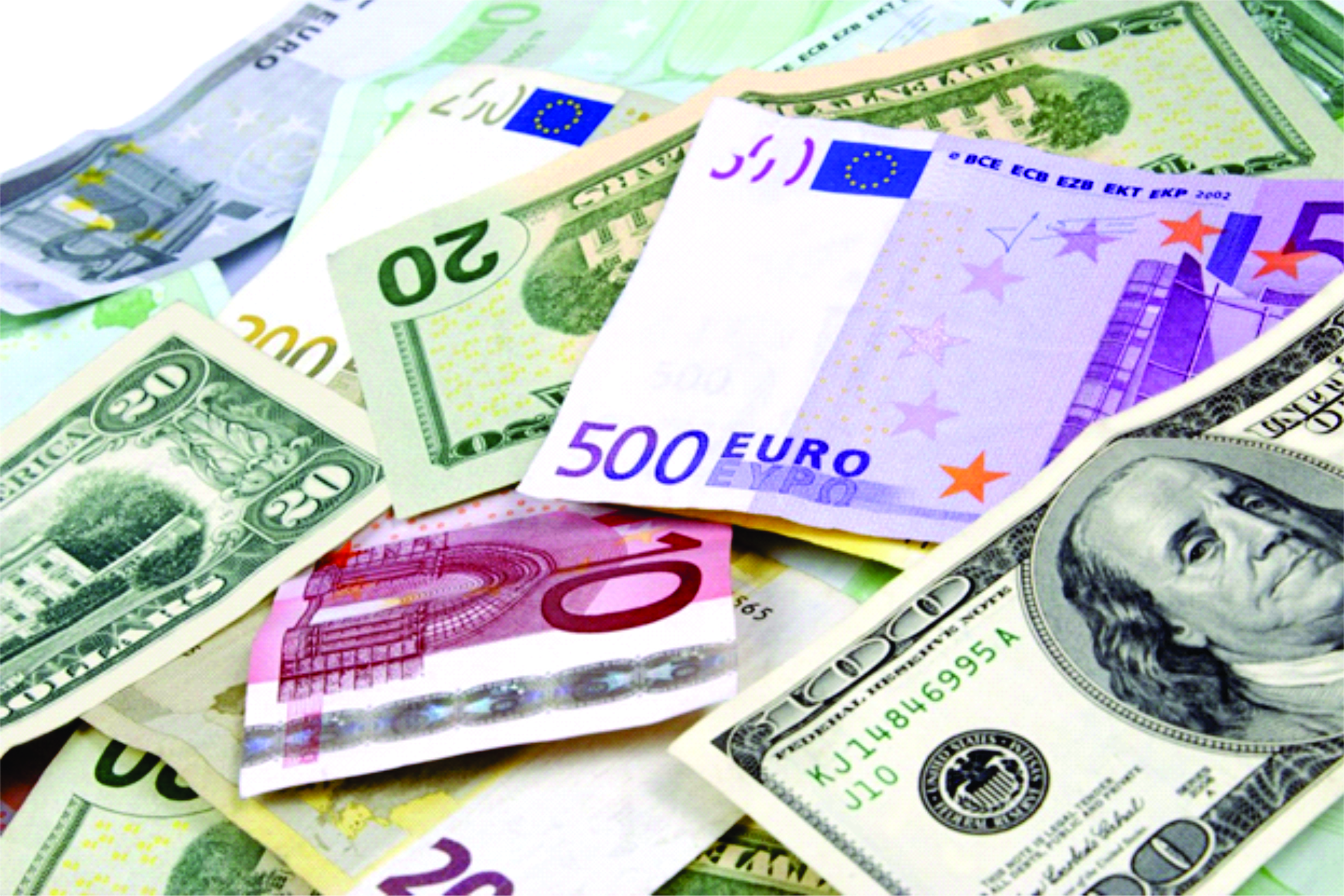Nigeria’s forex exchange reserve recorded a geometric increase in the last four weeks as it rose by $658million within November alone, a dependable source at the Central Bank of Nigeria (CBN) confirmed to LEADERSHIP yesterday.
According to the source, who asked not to be named because he was not authorised to speak on the matter, the reserve recorded a huge increase last week, pushing the figure up from $23.95billion where it was at the beginning of the month to about $24.60 billion.
The Monetary Policy Committee (MPC) had hinted that there was an increase in the forex reserve, attributing it to receipts of foreign flows within the month, even as it admitted that total outflows decreased by 4.57 per cent from $2,728.12million to $2,603.35 during the period under review. In a communiqué issued at the end of the two-day meeting last week, the MPC disclosed that total foreign exchange inflows through the CBN increased by 89.14 per cent, from $1,092.21million recorded in July to $2,065.79 million in August 2016.
Meanwhile, the CBN yesterday charged fiscal authorities on confidence building, re-emphasising the need for the federal government to pay attention to confidence-building fiscal policies and publicise what it was doing in that regard, in order to win investors’ confidence. The CBN also stressed the need for coordination of monetary and fiscal policies, especially in the country’s current period of recession.
CBN’s director, Monetary Policy Department, Mr Moses Tule, made the statement yesterday, while delivering a lecture on the place of monetary policy in the current economic realities at the ‘2016 Business Managers Roundtable’ organised by the Chartered Institute of Bankers of Nigeria (CIBN) in Abuja. Asked if the prolonged economic crisis ravaging the country could be interpreted to mean that the fiscal authorities are helpless on how to manage the situation, Tule said: “I wouldn’t agree that there are no improvements in fiscal policies; there are, there is so much happening.”
He added that the onus was on the fiscal authorities to publicise what they are doing. “They are doing a lot already. There is so much the fiscal authority is doing. But in a recession like this, you really need to blow your trumpet because what you need is the confidence. The louder the trumpet, the greater the number of people the sound reaches. So I think it is imperative to blow that trumpet and make it high,” he advised.
Tule blamed the nation’s recession on wrong policy prescriptions, wrong instruments, wrong policy approaches and wrong pieces of advice from people who are not economic professionals, those he termed ‘half-baked experts’. He noted that the efficacy of the nation’s monetary policy was already compromised, but that it alone, by itself, cannot solve the problem; rather, “fiscal and monetary policies should lend a hand.”
Citing the cases of some countries, including Japan and Britain, which have had to inject huge money into their economies to stimulate them, Tule said Nigeria’s case was different. “There is no way out because fiscal policy provides the leadership for macroeconomic management in any country. Monetary policy always comes as complementary policy. So, in all climes, fiscal policy provides the leadership, and when monetary policy has reached its end and it can no longer stimulate output growth, fiscal policy must step in with huge injections,” he explained.
The Monetary Policy Committee (MPC) department of the CBN had last week urged the federal government to urgently assess the extent of its indebtedness to domestic economic agents and develop a framework for securitising the debts in order to settle its outstanding domestic contractual obligations, which cut across all sectors of the economy. These accumulated debts, it said, have slowed business activities of economic agents, most of who are indebted to the banking system, thus compromising the integrity of the financial system.

 Entertainment6 days ago
Entertainment6 days ago
 Health1 week ago
Health1 week ago
 Health4 days ago
Health4 days ago
 Football1 week ago
Football1 week ago
 Football1 week ago
Football1 week ago
 Crime4 days ago
Crime4 days ago
 Education6 days ago
Education6 days ago
 Crime1 week ago
Crime1 week ago

